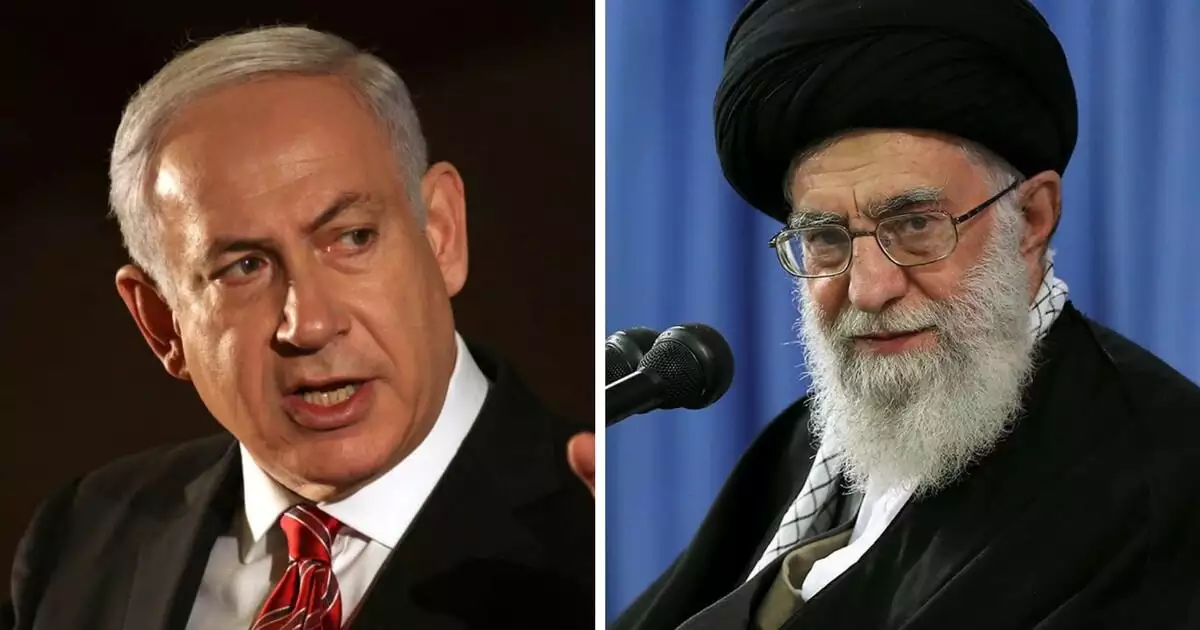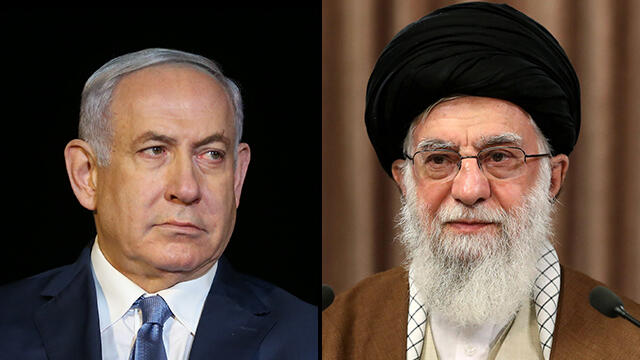
The White House has emphasized that Iran’s potential strike on Israel poses a “genuine and substantial” threat, amidst escalating concerns about Tehran’s intentions.
Heightened tensions stem from the anticipation of retaliatory actions following an airstrike that resulted in the deaths of prominent Iranian military figures nearly a fortnight ago.
According to reports from US officials shared with CBS News, the BBC’s US counterpart, there are indications that a significant assault on Israel may be forthcoming soon.
Israel has said it is ready “defensively and offensively.”.
“I can’t speak to the size, scale, scope of what that attack might look like,” US National Security Council spokesman John Kirby said on Friday. But he added that the Iranian threat was “viable,” saying Washington was “watching this very, very closely”.
He said: “We are in constant communication with our Israeli counterparts about making sure that they can defend themselves against those kinds of attacks”.
Friday saw Hezbollah announcing the launch of “dozens” of rockets from Lebanon towards Israel.
The Israel Defense Forces (IDF) reported approximately 40 missiles and two explosive drones fired in response. Fortunately, there were no casualties, and no signs of involvement from other parties emerged.
Separately, a US official informed CBS that the rocket and drone onslaught was unrelated to any anticipated Iranian aggression against Israel.
President Joe Biden had previously assured Israel of unwavering support in the face of such threats. Consequently, escalating tensions prompted advisories from countries like the US, UK, India, and Australia, cautioning against travel to Israel.
READ ALSO: Turkey Imposes Trade Restrictions On Israel Until Gaza Declare Ceasefire
The US State Department went further, restricting movement for diplomatic personnel and their families within Tel Aviv, Jerusalem, and Beersheba.
Meanwhile, Israeli Prime Minister Benjamin Netanyahu convened his war cabinet in light of these developments. Despite the warnings, some Israelis expressed little concern about a potential Iranian strike.
“We know that we are surrounded by enemies, in the south, in the north, the east and the west,” Daniel Kosman said from a market in Jerusalem.
“We are not afraid, I can promise you. Look around: people are going out.”
Israel is worried and uneasy about the prospect of an Iranian attack. However, the government has not given the populace any additional advise beyond the current directive to stockpile water, food for three days, and necessary medications.
However, according to Israeli radio, local officials were instructed to get ready for any strike, including evaluating how well-stocked public shelters were.
Last week, the Israeli military increased air defenses, called up reservists, and canceled combat personnel’ home leave amid the first signs of a potential Iranian reaction.
The missile strike on the Iranian consulate in Damascus, the capital of Syria, on April 1 claimed the lives of thirteen individuals.
Senior Iranian military figures were there, including Brig Gen. Mohammad Reza Zahedi, who is in charge of Iran’s special Quds Force in Syria and Lebanon.
Although it has not responded, Israel is generally believed to have been the attacker.
A number of nations’ officials have been attempting to talk Iran out of attacking Israel because they believe it might start a larger regional war.
In an effort to persuade them to use their clout with Iran, US Secretary of State Antony Blinken has spoken with the foreign ministers of China, Saudi Arabia, and Turkey. According to Mr. Netanyahu, his administration is ready “to meet all of the State of Israel’s security needs.”
Hamas targeted Israeli communities close to the Gaza Strip, killing over 1,200 people—most of them civilians—and kidnapping over 250 more.
This incident served as the impetus for the current Gaza conflict. According to Israel, at least 34 of the 130 hostages who are still in Gaza are dead.
The health ministry headed by Hamas reports that over 33,600 Gazans, most of them civilians, have died as a result of Israel’s retaliatory campaign in Gaza.
Amidst the battle, Iran-backed militias in Iraq and Yemen have attempted to strike Israeli territory as well as US sites in Iraq and Syria.
Israel and Hezbollah, a Lebanese group, have traded fire over Israel’s northern border virtually every day. The US and the UK launched missiles against the Houthi movement in Yemen after it assaulted Red Sea trade, sinking at least one ship.









Leave a Reply